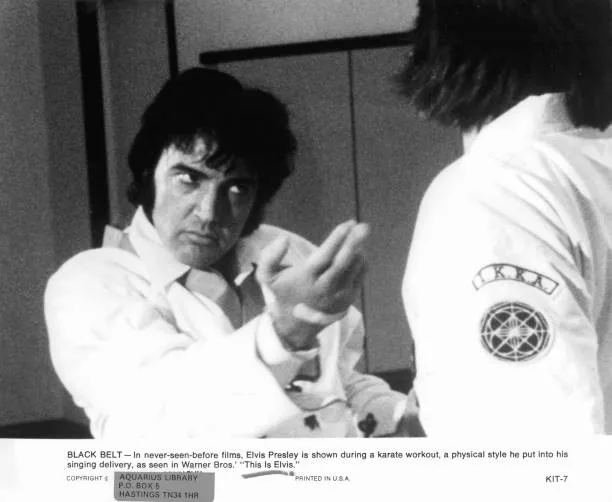Rod Stewart, a figure synonymous with British rock music, has had a profound impact on British cultural identity for over five decades. Born in London in 1945, Stewart emerged as one of the most iconic voices in British music, blending rock, soul, folk, and R&B into a distinct style that resonated across the globe. His influence on British culture is not just limited to his music but extends to his fashion, attitude, and embodiment of the working-class ethos that helped shape post-war Britain’s identity.
Working-Class Hero and Relatability

Rod Stewart's early life as the youngest of five children in a working-class family is integral to understanding his connection to British cultural identity. Growing up in post-World War II London, Stewart’s experiences mirrored those of many British people in the mid-20th century. His rise to stardom from humble beginnings resonated with many working-class fans, offering an inspirational narrative that embodied Britain’s post-war hope for social mobility and personal reinvention. He represented a self-made man, whose talent and determination broke barriers—something that has deeply influenced British attitudes toward success and aspiration.
Stewart’s working-class roots shaped not only his music but his public persona. He embraced football, especially his beloved Celtic FC, with a passion that many Brits could relate to. His love of football became a common thread between him and his fans, embedding him further into British popular culture. His rise to fame during the 1960s and 1970s coincided with significant social and cultural changes in Britain, and Stewart, as a voice of the people, became a symbol of the transformative power of pop culture during that time.
Fashion and Style Icon

Rod Stewart's contribution to British culture also extends to fashion. Known for his flamboyant style, Stewart's look became iconic during the glam rock era of the 1970s, with bold prints, sequins, and feathered hair. His image challenged the rigid norms of masculinity that had dominated British society. Stewart was unafraid to be extravagant and was a central figure in the era of rock stars who embraced a more fluid and experimental approach to gender presentation in fashion. His sartorial choices set trends and reflected broader changes in British society, particularly in how identity, class, and individuality were expressed.
Music and Legacy

Musically, Stewart has had an enormous impact on British rock and pop music. His voice, raspy yet soulful, became synonymous with hits like "Maggie May," "Do Ya Think I'm Sexy?" and "Sailing." These songs not only defined the sound of British rock in the 1970s and 1980s but also carried themes that were deeply relatable to a broad audience. His ability to infuse storytelling with emotion and charisma allowed his music to transcend borders and generations, while still remaining inherently British.
Through his involvement in bands like The Faces and his solo career, Stewart helped to shape the sound of British rock, blending influences from American blues and R&B with a distinctly British sensibility. His music has consistently reflected the evolving landscape of British identity, from the optimism of the post-war years to the economic and social turbulence of later decades. Stewart’s ability to adapt to changing musical styles while maintaining his distinctive voice has ensured his place in the pantheon of British music legends.
Global Ambassador for British Culture

Rod Stewart's global success turned him into a cultural ambassador for Britain. His international tours and popularity, particularly in the United States, helped to export British music and culture to the world. Stewart became a representation of Britain’s musical dominance on the global stage, following in the footsteps of acts like The Beatles and The Rolling Stones. However, his unique blend of humility, flamboyance, and everyman charm set him apart, allowing him to remain both accessible and larger-than-life.
Conclusion

Rod Stewart's impact on British cultural identity is multifaceted, spanning his working-class roots, fashion icon status, and global musical influence. He personifies the resilience and adaptability of British identity, continuously evolving while staying true to his origins. Through his music and persona, Stewart has helped define what it means to be British in a modern, globalized world, leaving an indelible mark on both British and global popular culture.



